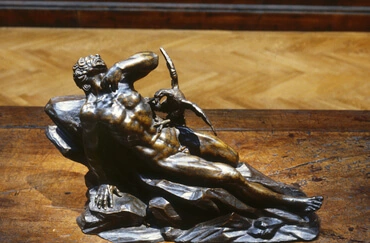Cry

As with most common verbs, the spiritual meaning of “crying” or “crying out” (meaning a shout or wail, not weeping) is highly dependent on context. Who is crying out? To whom? Why? In most cases, though, crying has to do with speaking falsely, and of the emotions arising from the conflict between truth and falsity. When people cry out in distress it is most often an indication that they are being overwhelmed by false ideas. In other cases – especially regarding more joyful cries – it is a celebration of the triumph of truth.
2 Kings 16:10-15
10
King Ahaz went to Damascus to meet Tiglath Pileser king of Assyria, and saw the altar that was at Damascus; and king Ahaz sent to Urijah the priest the fashion of the altar, and its pattern, according to all its workmanship.
11
Urijah the priest built an altar: according to all that king Ahaz had sent from Damascus, so did Urijah the priest make it against the coming of king Ahaz from Damascus.
12
When the king was come from Damascus, the king saw the altar: and the king drew near to the altar, and offered thereon.
13
He burnt his burnt offering and his meal offering, and poured his drink offering, and sprinkled the blood of his peace offerings, on the altar.
14
The bronze altar, which was before Yahweh, he brought from the forefront of the house, from between his altar and the house of Yahweh, and put it on the north side of his altar.
15
King Ahaz commanded Urijah the priest, saying, "On the great altar burn the morning burnt offering, and the evening meal offering, and the king's burnt offering, and his meal offering, with the burnt offering of all the people of the land, and their meal offering, and their drink offerings; and sprinkle on it all the blood of the burnt offering, and all the blood of the sacrifice; but the bronze altar shall be for me to inquire by."






